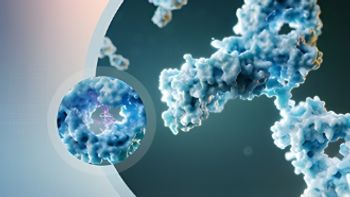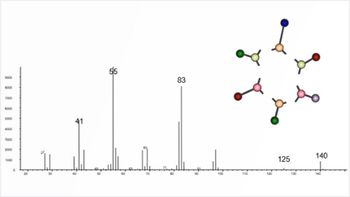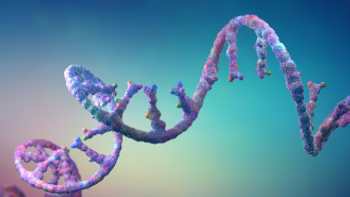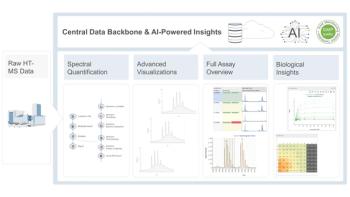
New Rapid Lung Cancer Screening Using MALDI-MS
Using mass spectrometry and fingerprint analysis, scientists are investigating a new way to screen for lung cancer.
Lung cancer is responsible for 21% of cancer deaths, according to the National Cancer Institute (1). It is vital to create early screening methods with high classification accuracy to detect cancer early in patients. Recently, a team from the Chinese Academy of Sciences has created a new method using 2-hydrazinoquinoline (2-HQ) as a dual-mode reactive matrix for both metabolic fingerprint analysis and LC screening via matrix-assisted laser desorption ionization mass spectrometry (MALDI–MS). According to the study, which was published in Analytical Chemistry, metabolites in both positive and negative mode can be detected using this matrix, all while enabling simultaneous derivative analysis of aldehyde and ketone compounds (2).
To test this method, hundreds of serum and urine samples were analyzed, parts of which were from lung cancer patients and others from healthy volunteers. Using the technique in tandem with machine learning algorithms, the samples were successfully distinguished with a high area under the curve value (0.996 for blind serum samples and 0.938 for urine). The MS signal enabled metabolic profiling while dysregulated metabolites of the LC group were analyzed.
The researchers concluded this method has potential for quickly and efficiently screening for lung cancer.
References
(1) National Cancer Institute. Cancer Stat Facts: Common Cancer Sites. U.S. Department of Health and Human Services 2023.
(2) Li, Z.; Sun, C.; Jia, K.; Wang, X.; Han, J.; Chen, J.; Wang, J.; Liu, H.; Nie, Z. Biofluid Metabolic Profiling for Lung Cancer Screening via Reactive Matrix-Assisted Laser Desorption Ionization Mass Spectrometry. Anal. Chem. 2023, 95 (32), 12062–12070. DOI:
Newsletter
Join the global community of analytical scientists who trust LCGC for insights on the latest techniques, trends, and expert solutions in chromatography.




